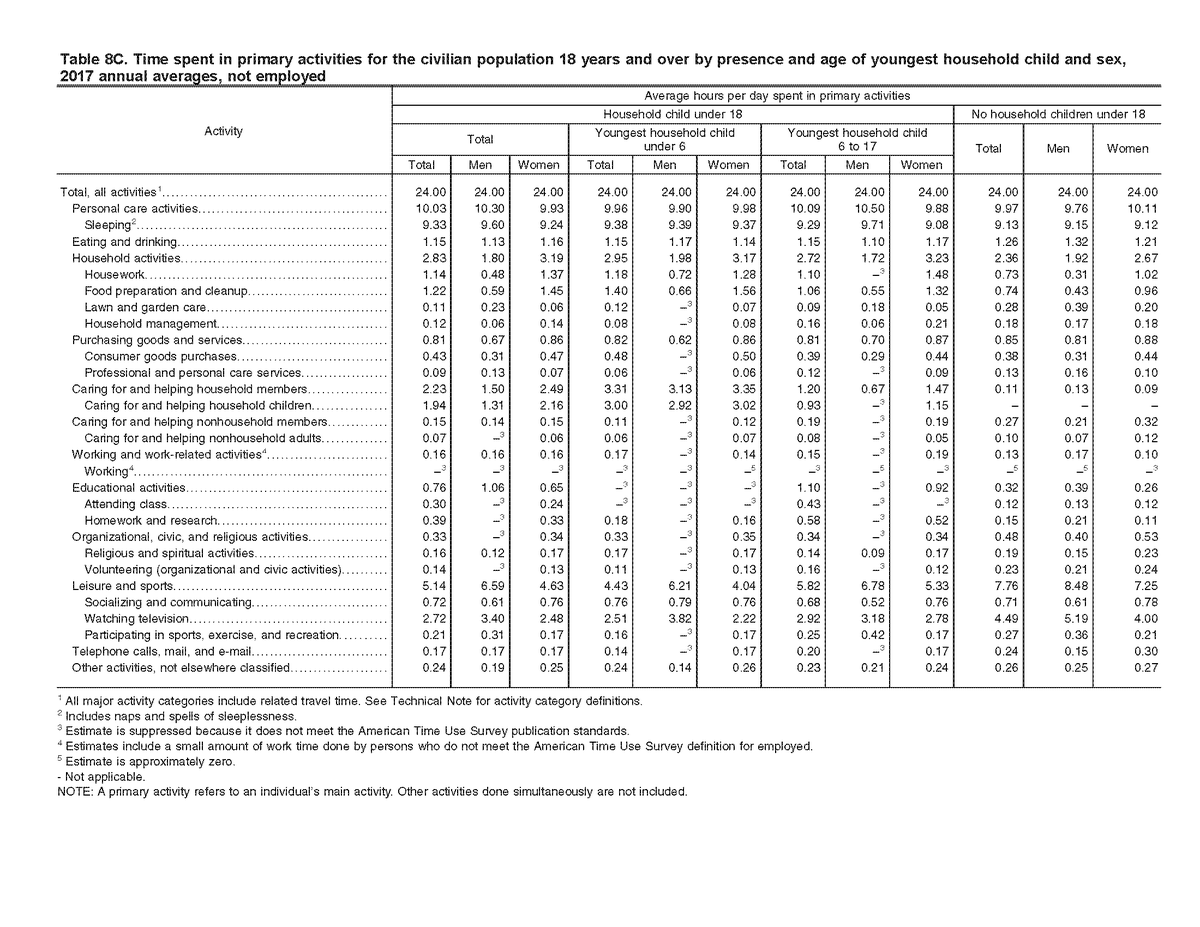
@Tekla_Too What the Selective Service wrote is correct, but misleading. The issue is that failing to register for the draft is a felony and most state laws preclude (for a time, at least) voting by felons (felonvoting.procon.org/state-felon-vo…; aclu.org/issues/voting-…).
@Tekla_Too “If required to register with Selective Service, failure to register is a felony punishable by a fine of up to $250,000 and/or 5 years imprisonment“ (sss.gov/register/benef…). 18 U.S.C. §3571(b)(3); 50 U.S. Code §§ 3802, 3811 (fas.org/sgp/crs/misc/R…, p. 23).
@Tekla_Too As the @NationalNOW argued, "Congress’s decision to exclude women from the male-only registration requirement denies women a key aspect of their citizenship. To reap equal rewards of citizenship, women must equally bear its burdens" (supremecourt.gov/DocketPDF/20/2…, p. 4).
@Tekla_Too @NationalNOW @threadreaderapp, please unroll.
• • •
Missing some Tweet in this thread? You can try to
force a refresh









